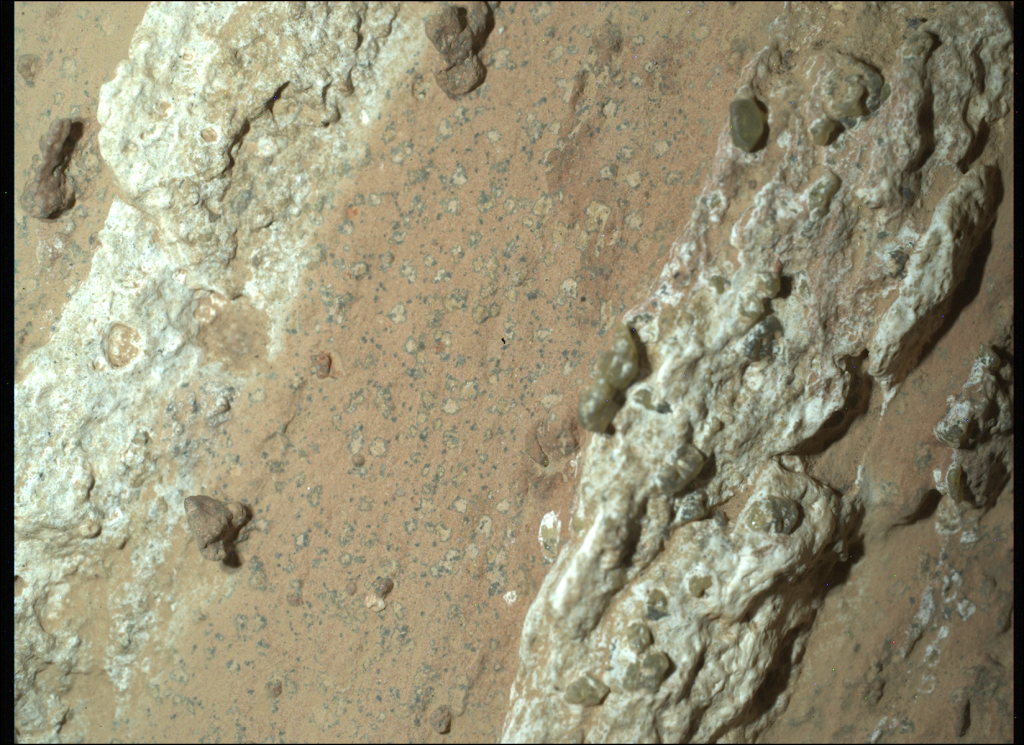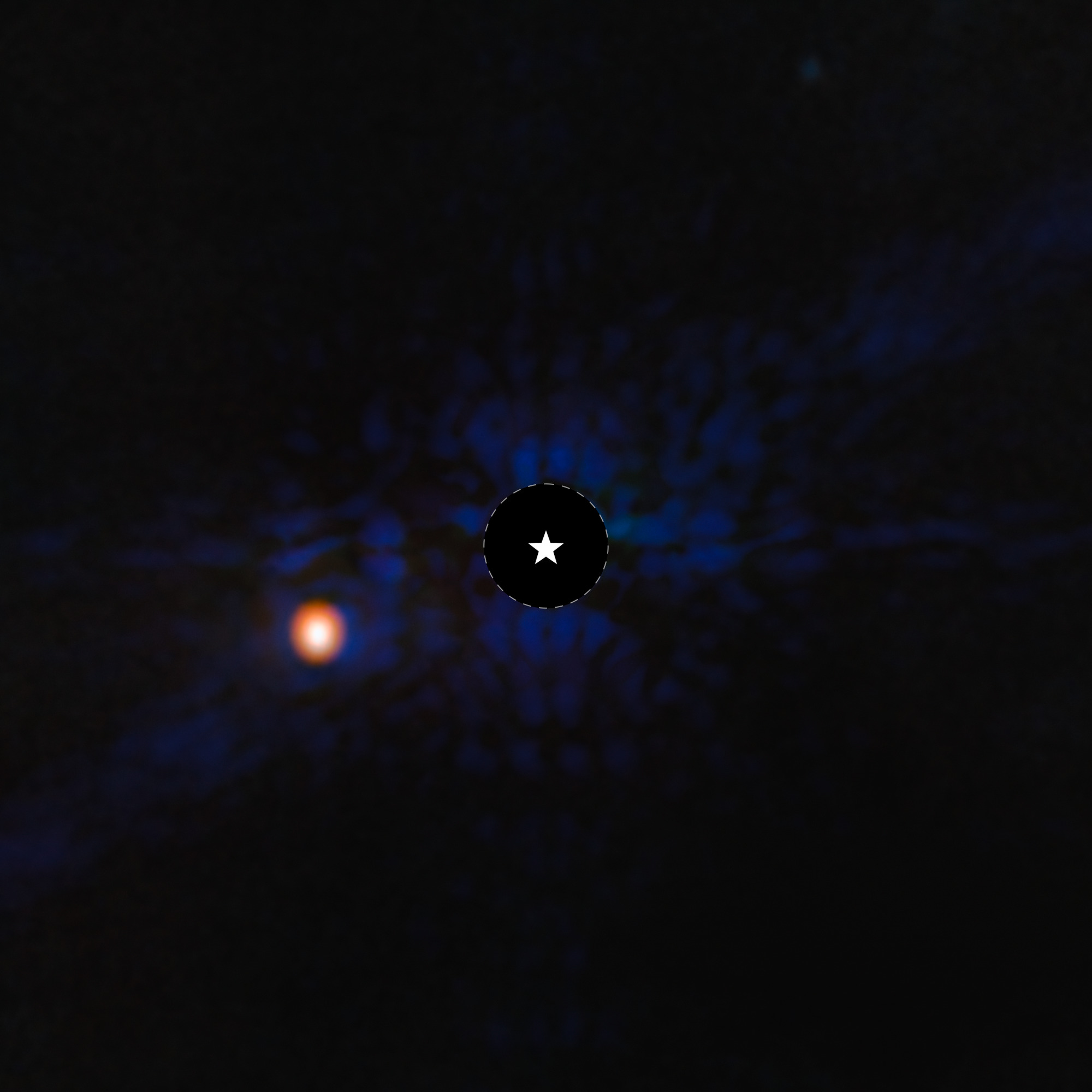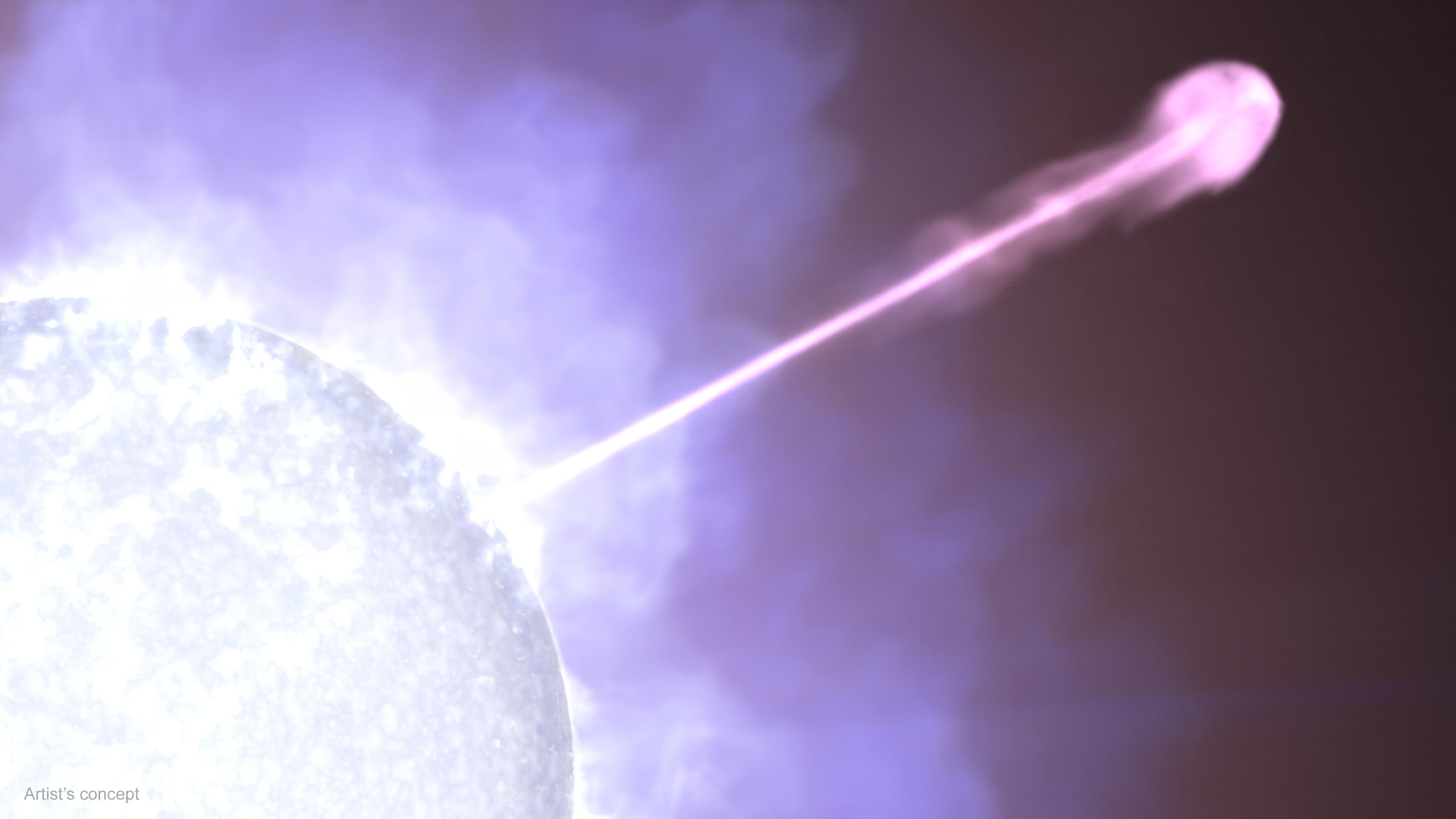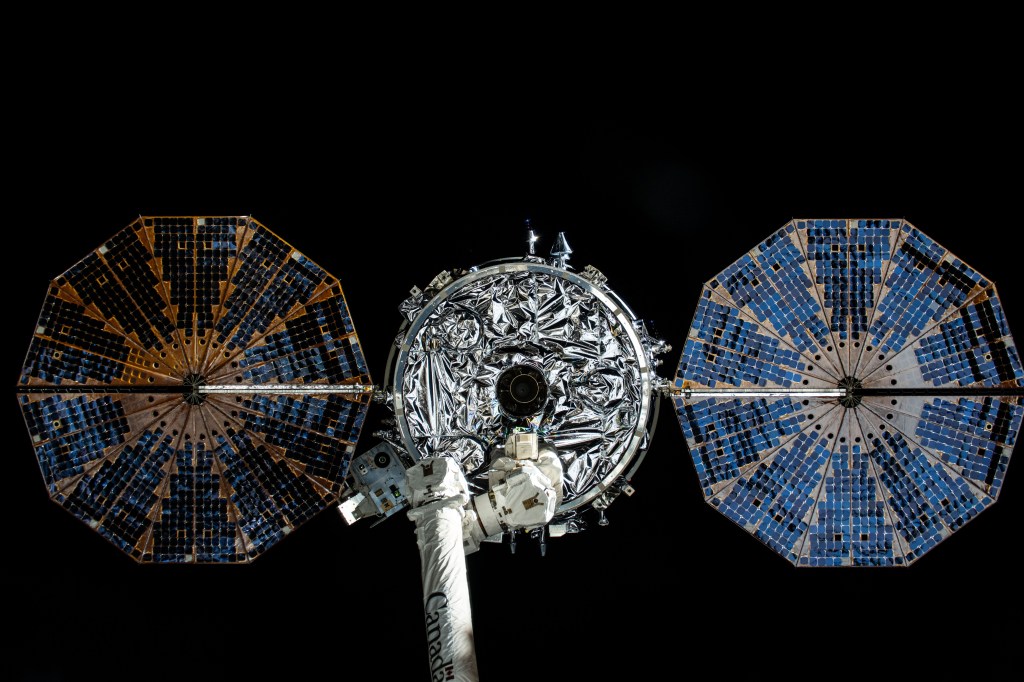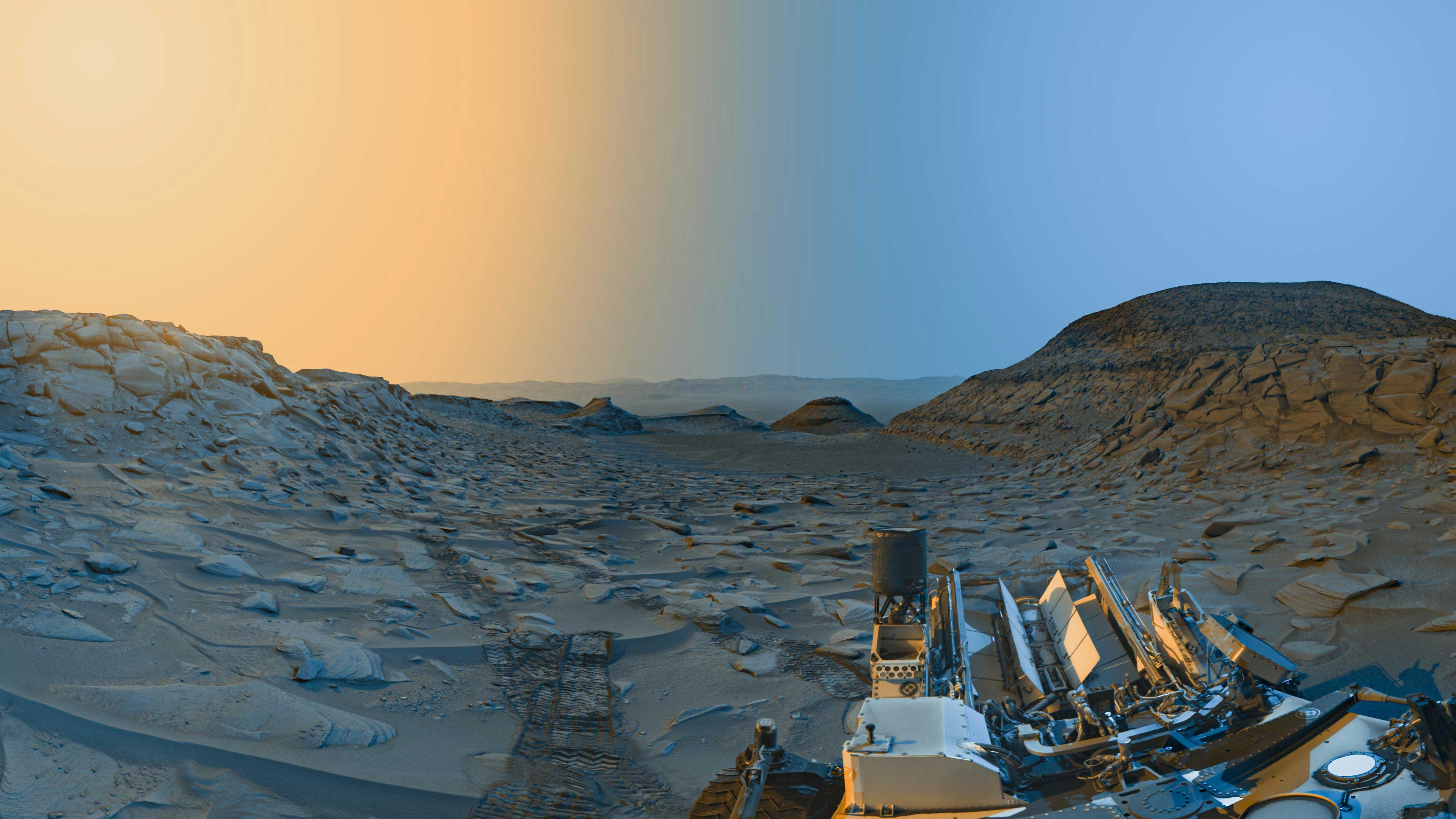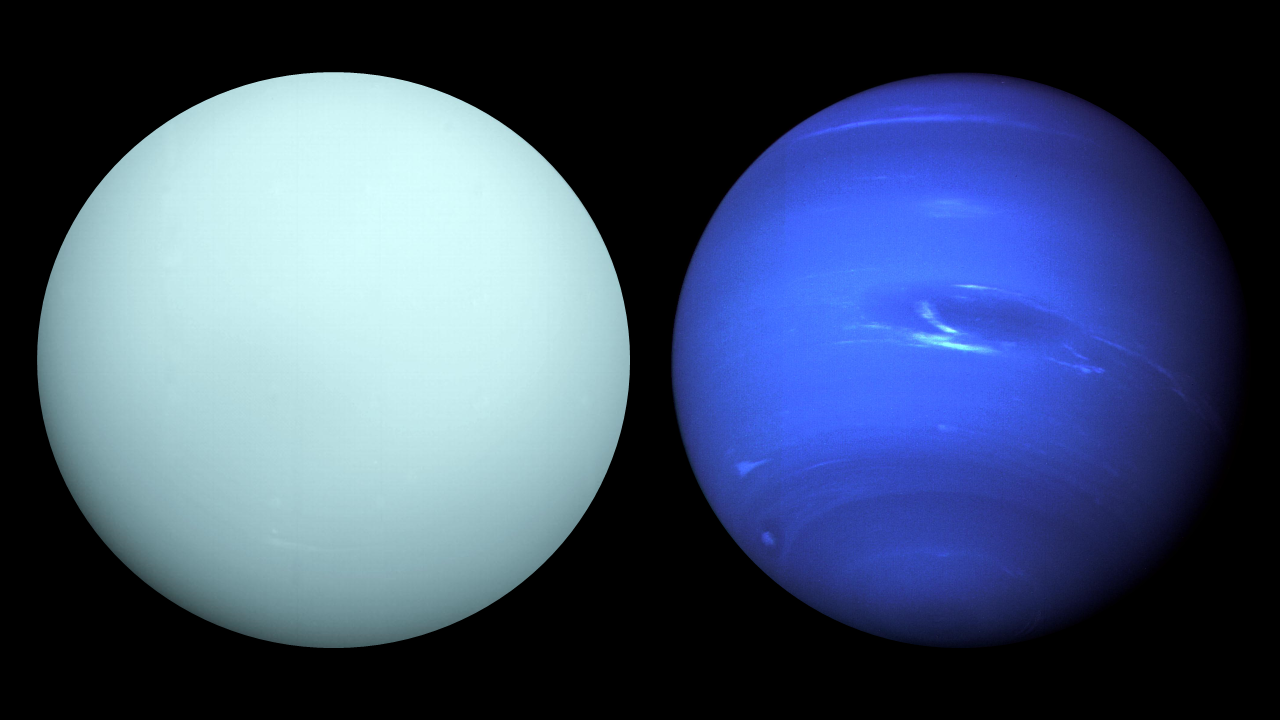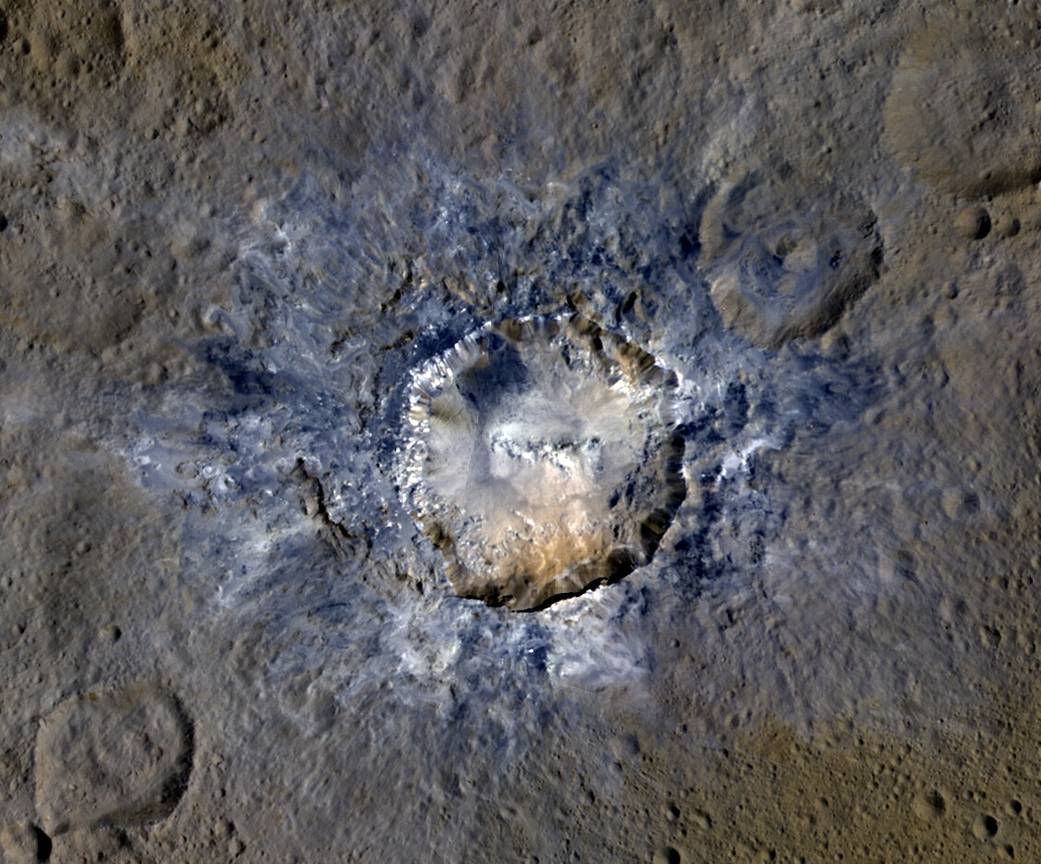Ceres’ Haulani Crater, with a diameter of 21 miles (34 kilometers), shows evidence of landslides from its crater rim. Smooth material and a central ridge stand out on its floor. This image was made using data from NASA’s Dawn spacecraft when it was in its high-altitude mapping orbit, at a distance of 915 miles (1,470 kilometers) from Ceres.
This enhanced color view allows scientists to gain insight into materials and how they relate to surface morphology. Rays of bluish ejected material are prominent in this image. The color blue in such views has been associated with young features on Ceres.
Dawn’s mission is managed by JPL for NASA’s Science Mission Directorate in Washington. Dawn is a project of the directorate’s Discovery Program, managed by NASA’s Marshall Space Flight Center in Huntsville, Alabama. UCLA is responsible for overall Dawn mission science. Orbital ATK Inc., in Dulles, Virginia, designed and built the spacecraft. The German Aerospace Center, Max Planck Institute for Solar System Research, Italian Space Agency and Italian National Astrophysical Institute are international partners on the mission team. For a complete list of mission participants, visit:


